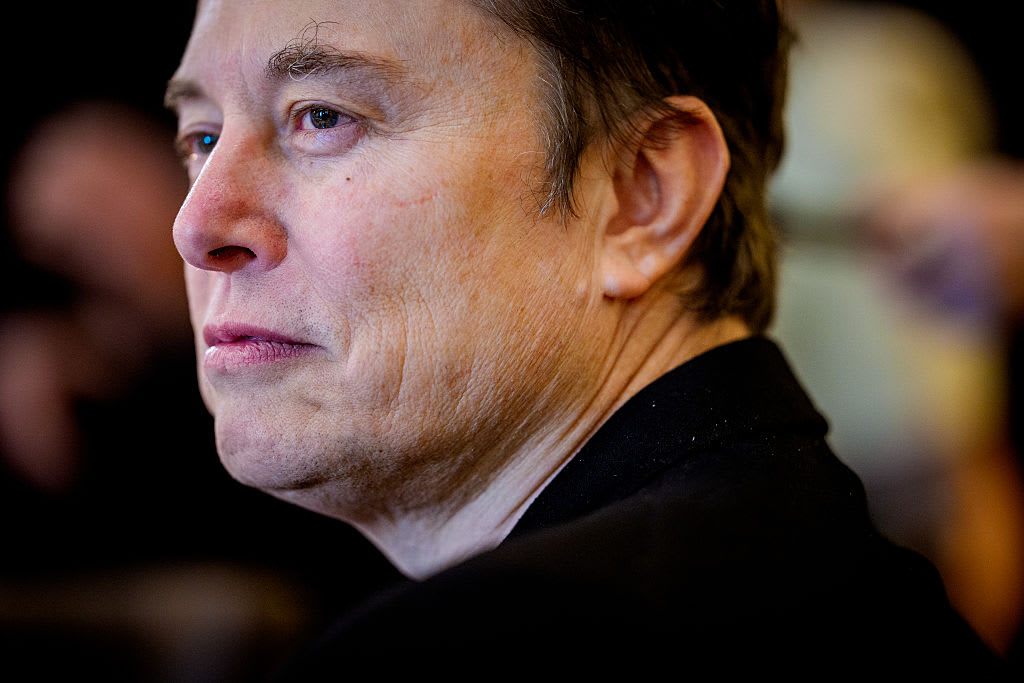SpaceX kicks off new year with launch of multi-satellite "rideshare" mission
Picking up where it left off in 2022, SpaceX launched its first Falcon 9 of the new year Tuesday, boosting 114 small satellites and other payloads to orbit in the company's sixth "rideshare" mission, designed to provide low-cost access to space for smaller payloads.
Using a first stage making a record-tying 15th flight, the Falcon 9 blasted off from the Cape Canaveral Space Force Station at 9:56 a.m. EST, just four days after SpaceX launched its 61st and final mission of 2022. Additional flights are expected this year.
The first stage boosted the rocket out of the dense lower atmosphere, climbing away to the south toward a polar orbit tilted 97.5 degrees to the equator. It then fell away and flew itself back to touchdown on a SpaceX pad at the Space Force station.
Spectacular "rocketcam" video gave SpaceX webcast viewers a bird's eye view of the return to launch site landing, capturing clear shots of Cape Canaveral, the Kennedy Space Center and Florida's Space Coast as it descended to Landing Zone 1 to close out its latest flight.
The second stage, meanwhile, fired twice over a 53-minute period to reach the planned 325-mile-high orbit. Minutes later, the satellite deployments started, beginning with KuwaitSat-1.
The mixed cargo included a half dozen "space tugs" carrying payloads to be deployed later and a host of small satellites, including 36 Planet-owned "SuperDove" CubeSats to replenish the company's 200-satellite commercial Earth-observation constellation.
Ten of the SuperDoves launched as part of "flock 4Y" Tuesday carry "artwork and quotes that celebrate the legacy of Star Trek creator Gene Roddenberry as a part of our collaboration with The Roddenberry Foundation's Boldly Go Campaign," the company said in a release.
"Five of the the SuperDoves on this mission will have artwork laser-etched onto their side panels that is inspired by the over 1,500 submissions to the Boldly Go campaign, which asked the world to share what gives them hope for humanity's future."
Next up for SpaceX: Launch of 40 OneWeb internet satellites from the same launch pad Sunday, followed by the launch of the company's fifth triple-core Falcon Heavy booster from pad 39A at the Kennedy Space Center on a classified U.S. Space Force mission. That flight is believed to be targeted for launch on Jan. 12.






